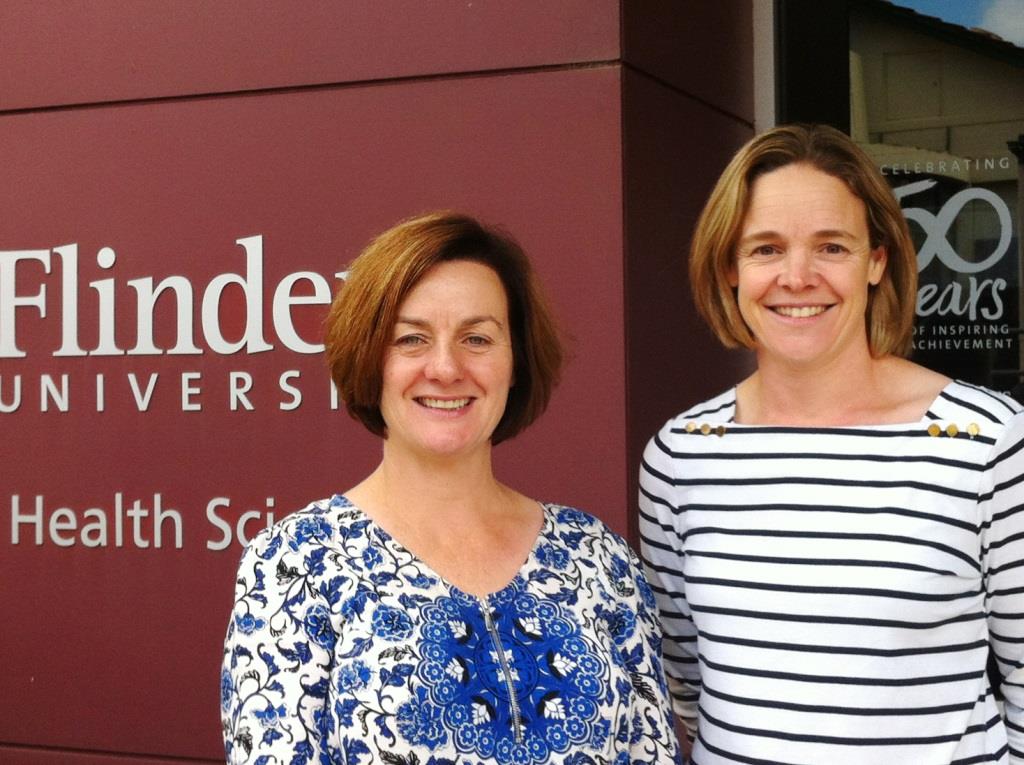
An innovative new health program, CarFreeMe, is helping to address the needs of people who have sustained complex trauma injuries and are unable to drive.
Each year more than 2,400 Australians sustain a moderate or severe traumatic injury, with 136 becoming quadriplegic and another 137 are left paraplegic. The impact of these trauma injuries (TI) are often life long and a significant number of people are left unable to return to driving.
Loss of independence from not driving can lead to poorer physical and mental health outcomes and reduced community participation, says Flinders University Associate Professor Stacey George, who is running “CarFreeMe TI” clinical trials in Adelaide.
“We are looking for participants in 2017 to trial the new Lifetime Support Authority-funded CarFreeMe TI program to assist with their transition and to improve their outlook and lifestyle,” says Associate Professor George, from the School of Health Sciences (Rehabilitation and Aged Care).
“Many people experience a great sense of loss when they are unable to drive, and the group also explores ways to deal with these feelings, like using mediation and mindfulness.”
“We evaluate the group using GPS devices and surveys, and we have received excellent feedback from people involved in the group so far.”
Occupational therapist Mrs Amy Nussio, who facilitates the South Australian program, would like to hear from participants who live in the metro Adelaide region.
To be held from early 2017, participants are invited to come along to half-day sessions, once a week over six weeks. The group will meet at Flinders University 182 Victoria Square, Adelaide.
Mrs Nussio says the sessions will address the emotional and practical issues associated with not driving.
CarFreeMe groups are available to people living in the community who have sustained a trauma injury, such as traumatic brain injury and spinal cord injury. Family members are also encouraged to attend.
“Group members share their stories and learn from each other, as well as receiving education on alternative transport options,” Mrs Nussio says.
“We go on an outing using public transport and invite guest speakers from places like the Red Cross Transport Service.”
Mrs Nussio urges members of the community to pass on the information to anyone who has sustained a complex trauma injury and are socially isolated as a result of not being able to drive.
If you are interested in finding out more about CarFreeMe TI, please contact Amy Nussio on 0431 500 895.
CONTACT: Amy Nussio (CarFreeMe TI research assistant) M: 0431 500 895 E: amy.nussio@sa.gov.au

